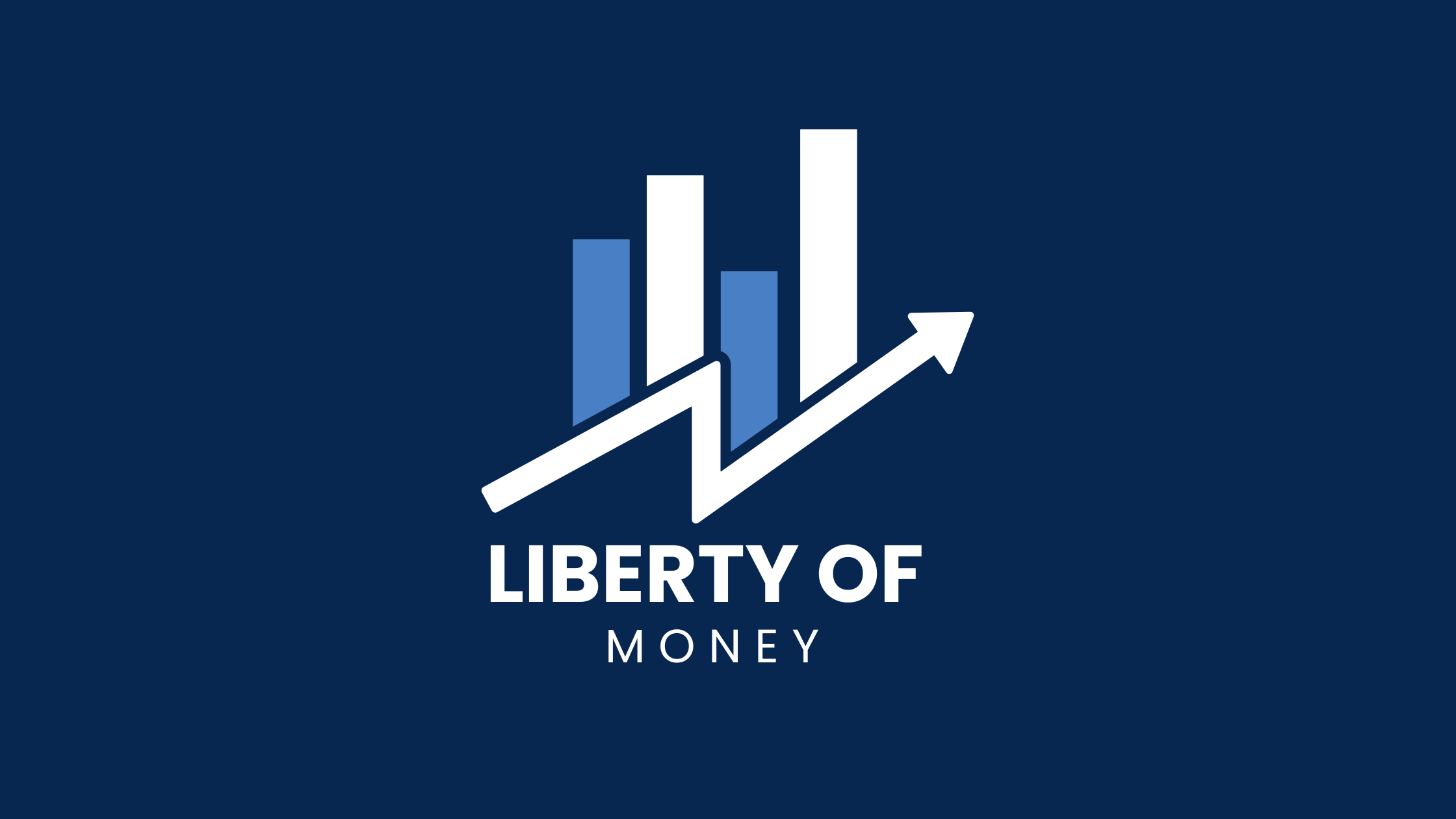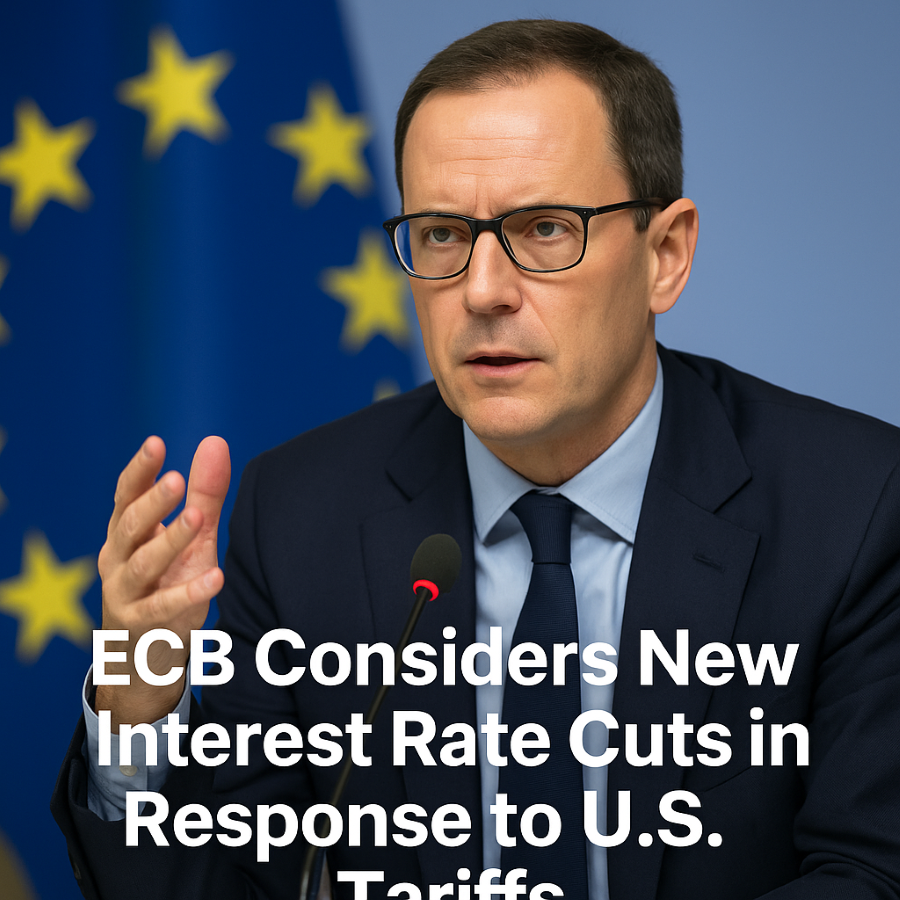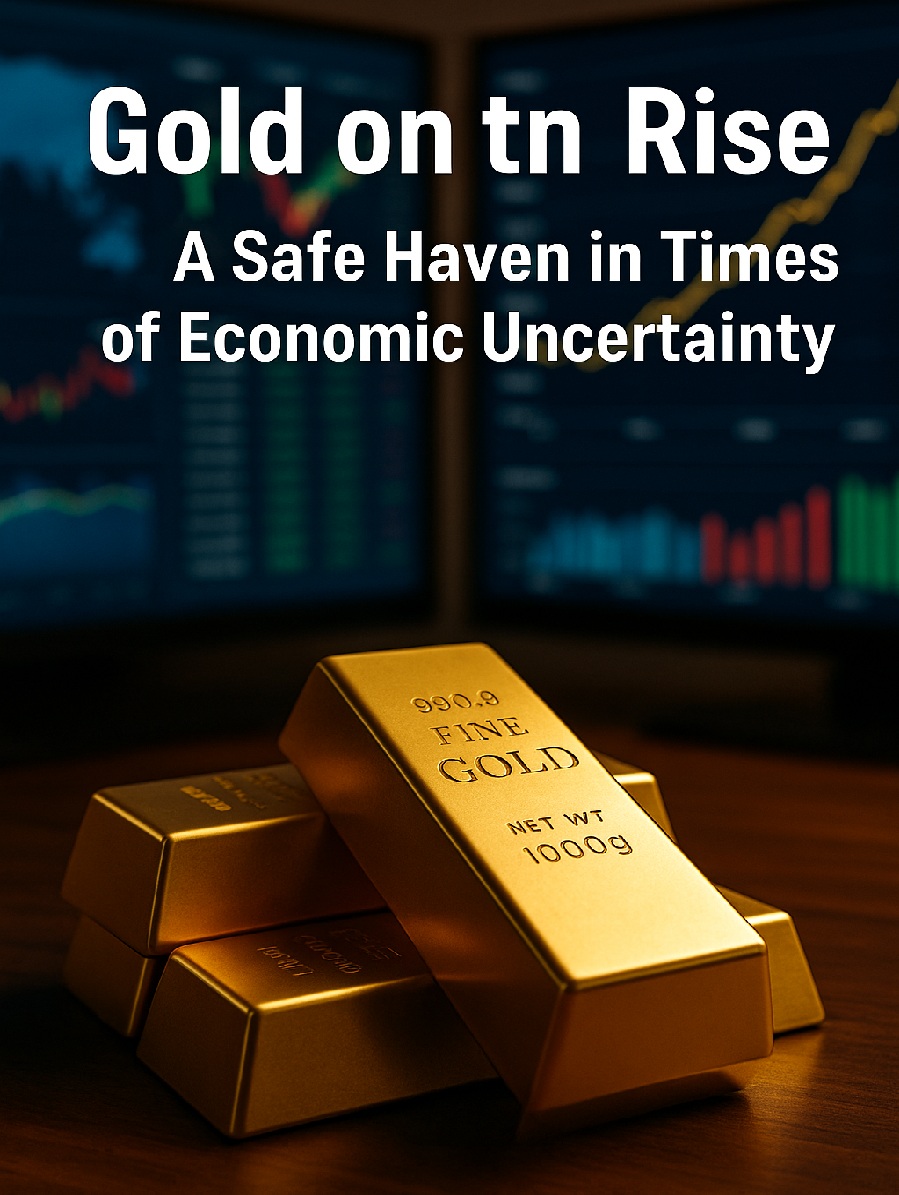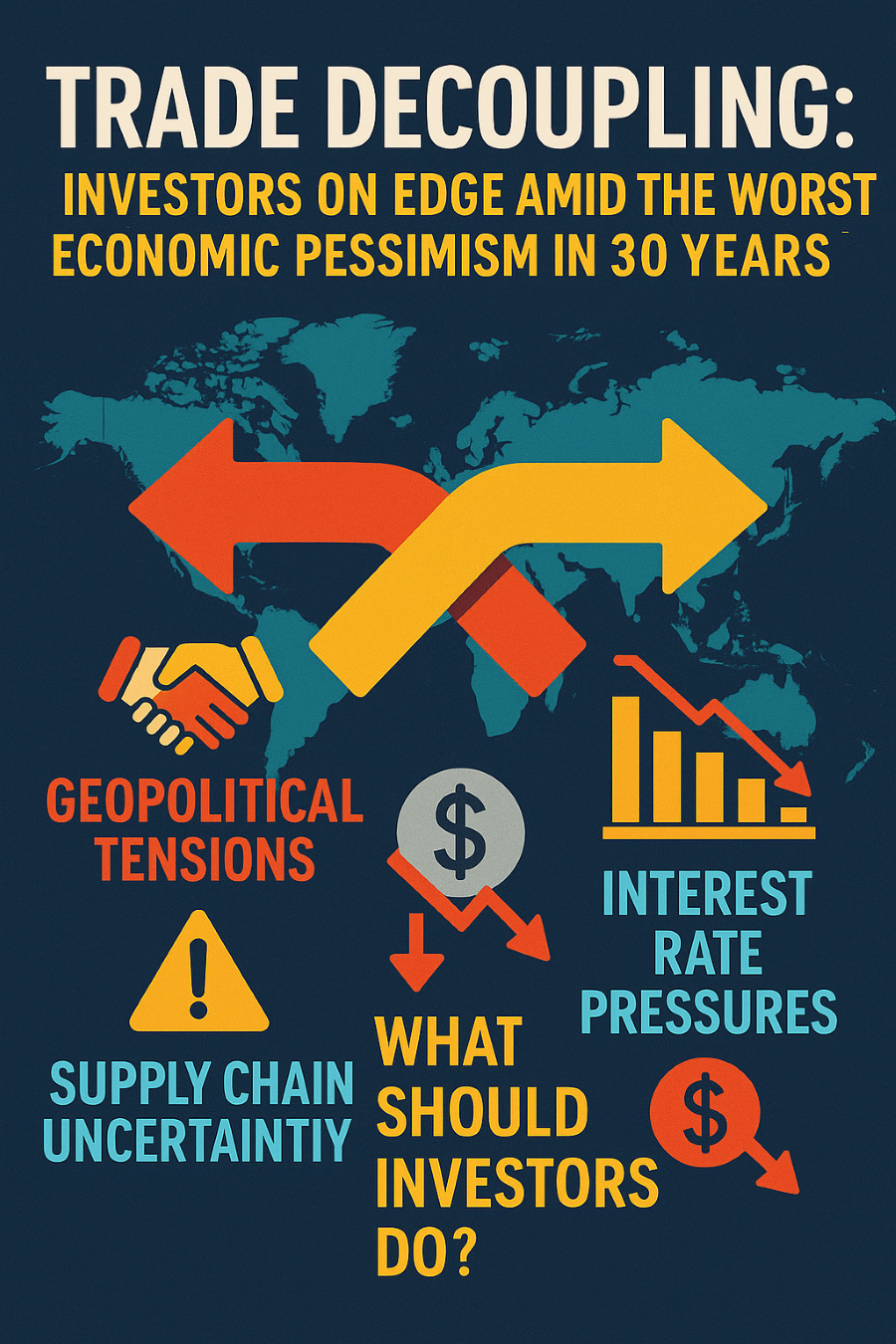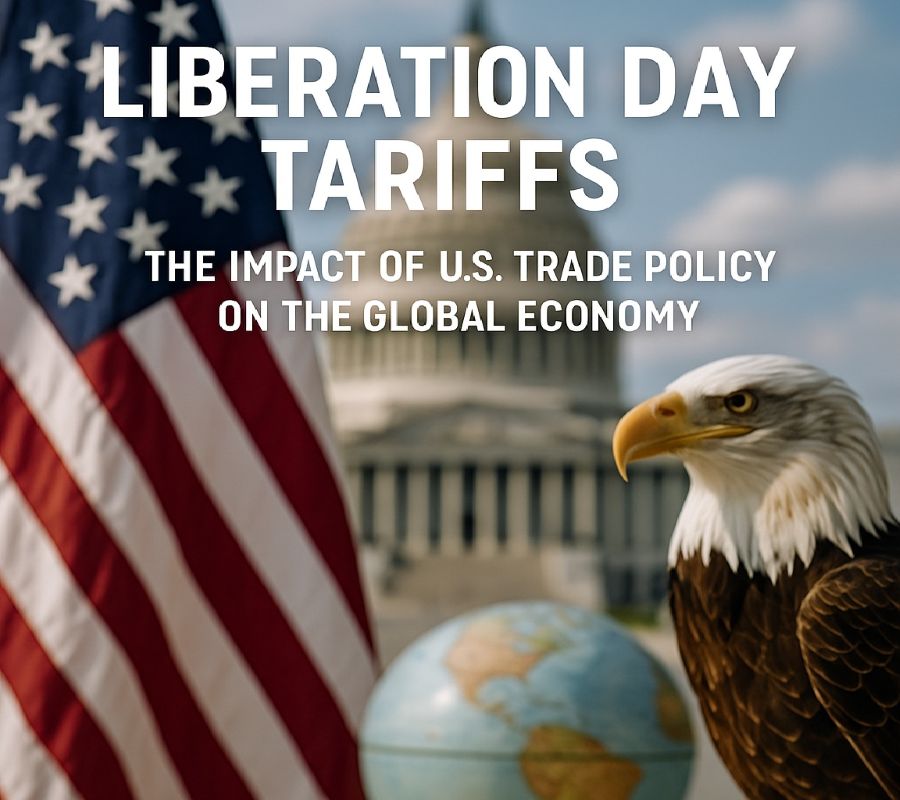How New Tariffs Are Reshaping Economic Forecasts and Investor Confidence
In April 2025, U.S. President Donald Trump made headlines with the announcement of a new wave of import tariffs, dubbed the “Liberation Day Tariffs.” Designed to promote domestic manufacturing and reduce reliance on foreign goods, these measures are already sending shockwaves across the global financial landscape.
But what do these changes really mean for investors, businesses, and everyday consumers? Let’s break it down — and explore how you can protect your wealth in this new era of economic nationalism.
What Are Liberation Day Tariffs?
The Liberation Day Tariffs are broad-based trade duties applied to a wide range of imported goods, with particular focus on products from China, Mexico, and the European Union.
These new trade barriers aim to:
- Strengthen U.S. manufacturing
- Reduce trade deficits
- Promote economic independence
While politically popular in some circles, economists warn that these tariffs may do more harm than good.
Early Signs of Economic Slowdown
According to a recent report from Reuters, the U.S. economy is already showing signs of stress:
- GDP growth forecast cut from 2.2% to 1.4%
- Chance of recession within 12 months rises to 45%
- Consumer prices expected to rise due to higher import costs
For global markets, this is a wake-up call. Trade friction not only affects exports and supply chains — it also shakes investor confidence worldwide.
Global Ripple Effects
The implications go far beyond U.S. borders. Here’s how the global economy is feeling the pressure:
For Emerging Markets:
- Currency depreciation and capital flight
- Higher inflation due to increased import costs
For Europe and Asia:
- Shrinking exports to the U.S.
- Sluggish manufacturing performance
For Global Investors:
- Increased volatility in equity markets
- Flight to safe-haven assets like gold and U.S. Treasury bonds
Smart Moves for Investors
In times of policy uncertainty, protecting your assets requires clarity and strategy. Here are some smart investment tips for navigating this environment:
- Diversify Globally: Don’t keep all your money in one country or region.
- Invest in Resilient Sectors: Look at healthcare, utilities, and tech with strong fundamentals.
- Consider Precious Metals: Gold continues to be a reliable store of value.
- Monitor Government Bonds: U.S. Treasuries remain a solid option for capital preservation.
A Turning Point in Global Trade
The Liberation Day Tariffs mark a major shift in the global financial order. Whether you’re an investor, business owner, or simply someone who wants to protect their savings, understanding the broader implications of these policies is essential.
In uncertain times, information is your greatest asset. Stay informed, stay diversified, and most importantly — stay ahead.
